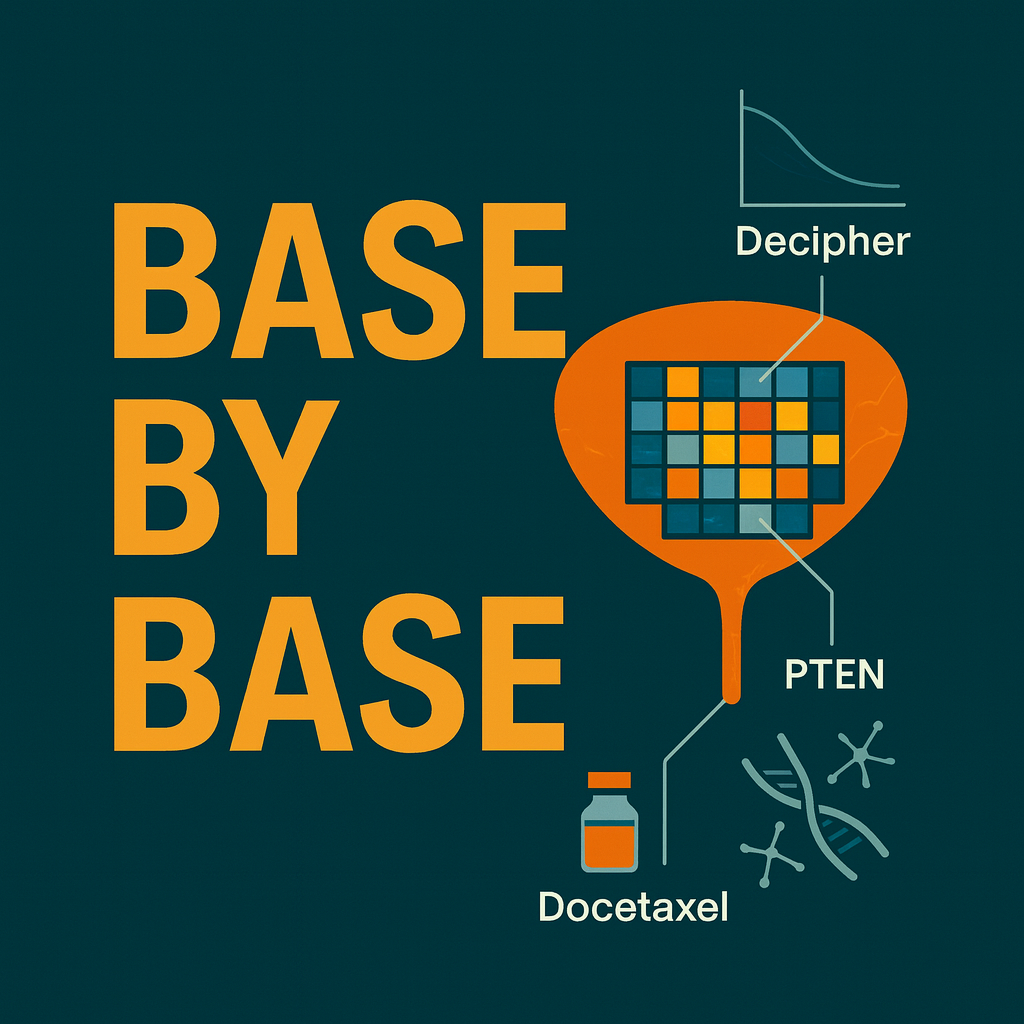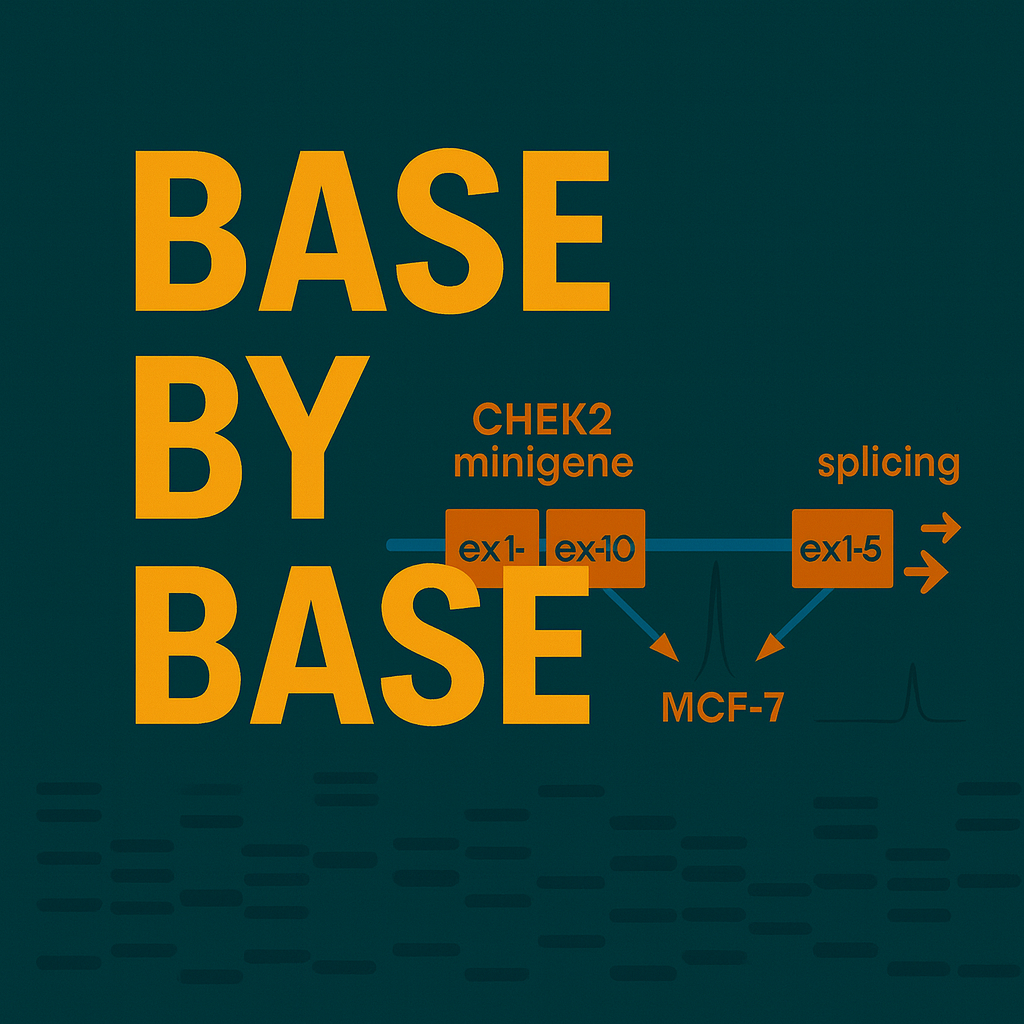Show Notes
️ Episode 62: Breaking Resistance — How BRCA2-Deficient Tumors Escape PARP Inhibition Without Reversion Mutations
In this episode of Base by Base, we explore a study by Pappas et al. (2025), published in PNAS, that sheds light on a major challenge in precision oncology: why some BRCA2-mutant prostate cancers fail to respond to PARP inhibitors even in the absence of reversion mutations. Using genome-wide CRISPR screens in BRCA2-deficient murine prostate organoids, the researchers uncovered a novel resistance mechanism driven by loss of function in the DNA prereplication complex (pre-RC).
The study found that deletion of key pre-RC components — CDT1, CDC6, and DBF4 — leads to resistance against olaparib and AZD5305, two clinically relevant PARP inhibitors. These losses enable cancer cells to resolve DNA damage and restore replication fork stability, allowing survival despite defective homologous recombination. Strikingly, this resistance was reversed by targeting geminin, a negative regulator of the pre-RC, restoring drug sensitivity through reactivation of licensing machinery.
The team also showed that ~50% of CRPC tumors exhibit copy number loss in pre-RC genes, particularly CDT1, suggesting a clinically relevant genomic vulnerability. By combining CRISPR-based functional genomics with pharmacological targeting, this work not only advances our understanding of PARPi resistance but also opens new avenues for overcoming it in BRCA2-mutant cancers.
Conclusion:
This study reveals that impaired pre-replication complex function, independent of BRCA2 reversion, can confer robust resistance to PARP inhibitors. Restoring replication origin licensing through geminin inhibition emerges as a promising strategy to re-sensitize tumors. As PARPi become more widely used, identifying such resistance mechanisms is key to tailoring effective combination therapies and refining patient selection strategies.
Reference:
Pappas, K., Ferrari, M., Smith, P., et al. (2025). BRCA2 reversion mutation–independent resistance to PARP inhibition through impaired DNA prereplication complex function. PNAS, 122(23), e2426743122. https://doi.org/10.1073/pnas.2426743122
License:
This episode is based on an open-access article published under the Creative Commons Attribution 4.0 International License (CC BY 4.0) — https://creativecommons.org/licenses/by/4.0/




